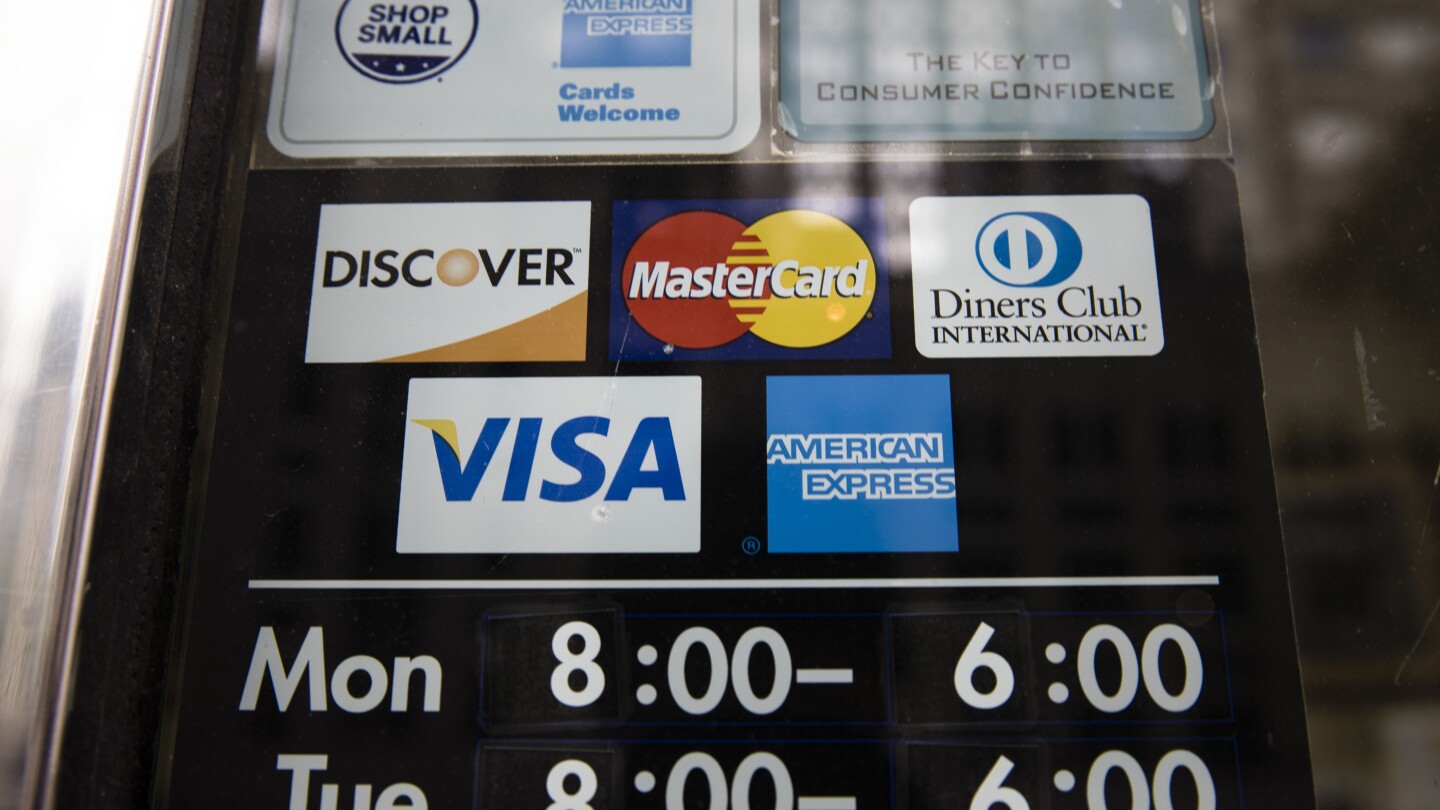While the U.S. economy is broadly healthy, pockets of Americans have run through their savings and run up their credit card balances after battling inflation for more than two years.
Experts worry that members of these groups – mostly lower- and middle-income Americans, who tend to be renters – are falling behind on their debts and could face further deterioration of their financial health in the year ahead, particularly those who have recently resumed paying off student loans.
“The U.S. economy is currently performing better than most forecasters expected a year ago, thanks in large part to a resilient consumer,” wrote Shernette McLoud, an economist with TD Economics, in a report issued Wednesday. “However, more recently that spending is increasingly being financed by credit cards.”
Americans held more than $1.05 trillion on their credit cards in the third quarter of 2023, a record, and a figure certain to grow once the fourth-quarter data is released by Federal Deposit Insurance Corp. next month. A recent report from the credit rating company Moody’s showed that credit card delinquency rates and charge-off rates, or the percent of loans that a bank believes will never be repaid, are now well above their 2019 levels and are expected to keep climbing.
…
Most analyses of Americans’ financial health tend to tell a tale of two consumers. On one side are the roughly two-thirds of Americans who own their homes and those who’ve invested in the stock market and done substantially well. They generally had the savings cushion necessary to weather high inflation. Delinquency rates on single-family homes remain at near historic lows and home prices have continued to climb.
But for the rest of America, things are looking rough.



You matured enough to understand the personal finance concepts of debt and the risks associated with it, but you stopped maturing there and don’t realize that your circumstances and choices don’t match everyone else’s.
“I’m sorry Jenny. I know you’re in pain but I don’t have the cash for the $65 co-pay for you to see the doctor, and if put it on my credit card, I won’t be able to pay off the statement balance to avoid interest in time.”
“Whats that Sean, you’re hungry? We have to go without dinner tonight because I have enough cash to pay rent, but not pay rent & buy food. Buy food on my credit card? Don’t you understand that the variable rate on my card is 23.5% which means if I buy $20 worth of food I’ll incur a 39 cent finance charge next month because I can’t pay it off. So the better decision here is for us to go hungry tonight.”
“Boss, what do you mean I’m fired for not coming into work?! I know I haven’t shown up for a few days, but my car broke down and I don’t have the $1200 cash on hand to repair it. Sure, I have a credit card, but perhaps you’re not aware, but carrying a balanced means extra debt. I refuse to be ‘saddled’ with credit card debt. Hello? Hello?!”
Not everyone that has credit card debt is a spendthrift. Now, I’m not saying that all Americans that are cited in the article are represented in the scenarios I painted above. Are there those that spend frivolously? I’m sure there are. However, the article talking about macro economic trends which accounts for that fraction. With the increased cost of living, increased inflation in the past few years in critical areas such as food and housing, it is not surprising that many American’s spending is being pushed past their income resulting in credit card debt rising.
You don’t carry credit card debt. I don’t either. Instead of assuming that what we have is the norm, understand what incredible luck we have to have avoided so many of life’s pitfalls to end up where we are, and not everyone is as lucky as we are.
I don’t care how hard you worked or saved to get where you are. Huge amounts of any success you have today is the result of luck. Recognize that is out of your control and out of the control of others for themselves.
This is good advice, but would any of your intended audience trust your words at this point with your “holier than thou” messaging written before you wrote this?
Perhaps your next step of mature is to learn empathy.
Sounds good to me.